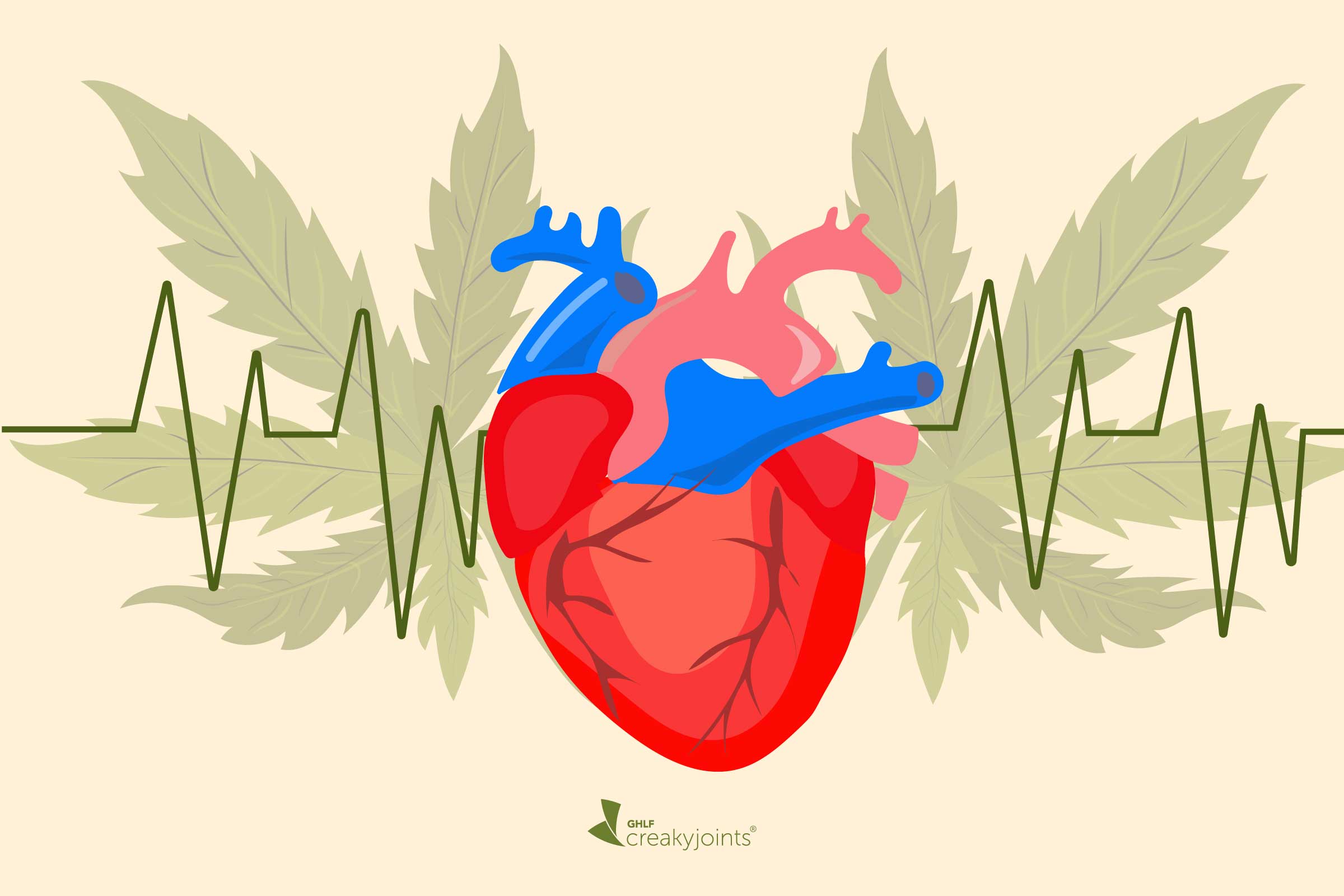An article at The Denver Post calls for Democrats to follow science and decide on a cap on THC potency.
These concentrates are not plant material rolled in a joint. They are produced by soaking marijuana buds in chloroform, butane, and propane. Those chemicals extract and concentrate the THC from the plant into what’s called “wax” or “shatter.” With a crack pipe and a butane torch, users vaporize and inhale that THC-rich shatter. Or, as a change of pace, at a Colorado dispensary a user can just buy a 70% THC anal or vaginal suppository and insert that. These concentrates are what cause harm, and right now there are zero limits on their potency. Zero.
So what? Well, studies published in the internationally renowned medical journal The Lancet Psychiatry conclude that using products with 15% THC or higher triples the risk of psychosis, and daily use of such products quintuples that risk. In fact, 56 scientific studies have confirmed high potency THC’s connection to psychosis. In addition, a study published in The Journal of American Medicine in 2020 concluded that high potency THC “was associated with significant increases” in addiction and mental health disorders (like depression and anxiety). High potency THC is addictive. In 2017 The Journal of Psychiatric Research published a study concluding that THC addiction is “significantly associated with suicide” (especially for teens and veterans). This is the science that drove a Washington state legislator and public health professional to conclude THC concentrates have created “one of the largest emerging health crises of our time.”
In a previous article, we had looked into this argument with the conclusion that there simply needs to be much more research into what designates “too much” THC. Most can agree with a need for regulation, but where those numbers reside is up to debate. The author of the Denver Post article also backs this opinion, concluding that whatever the number, we simply follow the science.
Vermont, for instance, has created a cap of flower at 30% THC and concentrates at 60%. It will be fascinating watching this unfold and see the results come in over time.
Read full article at The Denver Post








